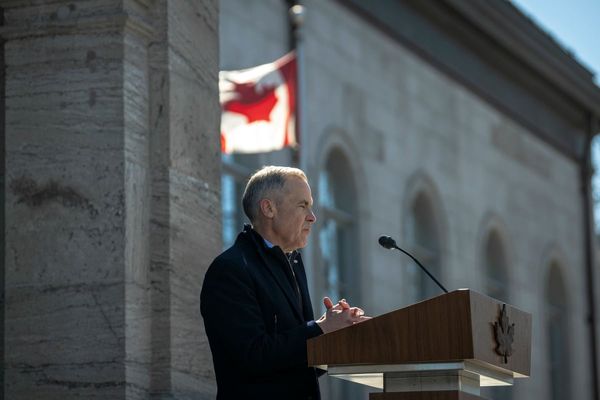
The Sudanese army and the paramilitary Rapid Support Forces (RSF) have engaged in fighting near al-Jili oil refinery, north of the capital Khartoum.
The Sudanese army said it reached the vicinity of the strategically important refinery on Wednesday, following a multipronged offensive north of Khartoum, with reports of direct clashes with the RSF.
Witnesses reported plumes of smoke covering the sky over vast areas of Khartoum with Sudanese social media activists circulating footage showing the Sudanese army seizing control of the entrance to the town.
“The terrorist militia of Al-Dagalo deliberately set fire to the Khartoum refinery in Al-Jaili this morning in a desperate attempt to destroy the infrastructures of this country, after despairing of achieving its illusions of seizing its resources and land,” the Sudanese army said in a post on X.
“In the past few days, the army has been launching a serious offensive, inching their way towards the refinery,” said Al Jazeera’s Hiba Morgan, reporting from Khartoum.
“It’s obvious that the army is trying to regain control, trying to take as much territory as possible … but is yet to gain control of the refinery.”
Meanwhile, the RSF said the army launched airstrikes on the refinery.
Fighting was also reported in el-Fasher, with tensions having escalated earlier this week after the RSF issued a 48-hour ultimatum to Sudan’s army to leave the city. Following the expiry of the ultimatum, the army carried out air raids on RSF positions, according to a military source who spoke to Al Jazeera.
The source also reported clashes around the Zarqa buildings complex in Khartoum North, with use of heavy weapons from both sides.
South Sudan spillover
Sudan plunged into conflict in April 2023, when long-simmering tensions between army chief Abdel Fattah al-Burhan and RSF leader Mohamed Hamdan “Hemedti” Dagalo broke out in a conflict that has displaced about 12 million people.
The war continues to rage, with the RSF and the Sudanese army accusing each other of war crimes, including targeting civilians and indiscriminately shelling residential areas, which have resulted in the deaths of tens of thousands of people.
The UN’s refugee agency, UNHCR, said on Tuesday that more than one million people had fled the Sudanese war into neighbouring South Sudan. Most of the million people crossing the border are South Sudanese nationals who had previously fled from civil war in the world’s newest country, it added.
In a separate development, South Sudan’s authorities suspended access to social media platforms, including Facebook and TikTok, for a minimum of 30 days after videos of the alleged killings of South Sudanese nationals in Sudan’s Gezira state triggered unrest.
At least 16 Sudanese nationals were subsequently killed last week when riots erupted across South Sudan, including the capital Juba, in retaliation for the alleged involvement of Sudan’s military and allied groups in the Gezira killings.
Napoleon Adok, chief of the National Communications Authority, wrote to internet service providers on Wednesday and ordered that they cut services by midnight, stating that the upheaval in Sudan had “exposed the South Sudanese population to unprecedented levels of extreme violence”.







